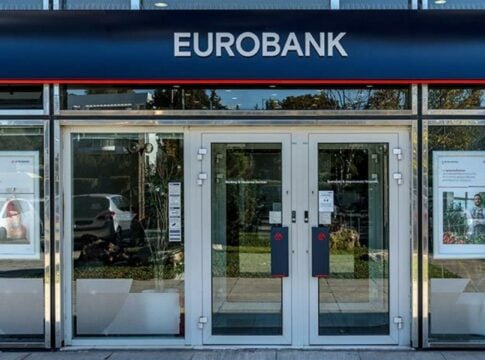The penetration of fiber optic networks to homes and businesses (FTTH or FTTP) in Greece stands at 38.4%, up 10 percentage points compared to last year, but lower than the European average (64%).
The number of specialists in Information and Communication Technologies (ICT) remains low, while Small and Medium-Sized Enterprises (SMEs) have a relatively moderate level of innovation and a low level of digital maturity. On the contrary, Greece is progressing satisfactorily in the digitization of public services.
According to the EU’s goal, all citizens must be able to enjoy internet connection speeds of 1 Gbit by 2030.
The European Commission’s report shows that performance so far falls short of EU ambitions. Gaps identified include the need for additional investment, both at EU and national level, notably in the areas of digital skills, high-quality connectivity, the adoption of Artificial Intelligence (AI) and data analytics by enterprises, semiconductor manufacturing and the development of start-up ecosystems.
The report pointed out that the EU is far from achieving the connectivity targets set by the DDPP: Fiber optic networks, which are vital to deliver gigabit connectivity and enable the adoption of cutting-edge technologies such as Artificial Intelligence, cloud computing and the internet of things (IoT), reach only 64% of households.
Greece’s roadmap for the Digital Decade
The report also refers to the roadmap that Greece has presented to the EU for the Digital Decade.
The roadmap, according to the EU report, contains a detailed analysis of the current situation and a comprehensive set of measures and initiatives designed to achieve the goals of the Digital Decade to transform the country into a digitally advanced and inclusive society by 2030.
It is added that funding for digital transformation is largely based on EU funds (RRF and Cohesion Policy funding). The total public funding for the 104 meters of the road map is estimated at 5,230.2 million euros (about 2.37% of GDP).
The priorities concern the digital transformation of the public sector, including the health sector, the digital transformation of the economy and the adoption of advanced digital technologies from businesses.
The roadmap also provides a rough estimate of private investment over the next few years in data centers and gigabit connectivity of 6,900 million euros.
Greece (86.2) performs above the EU average (85.4) in the digitization of public services for businesses (17.5% annual growth). In digital public services for citizens, although Greece performs slightly below the EU average (75.9 against an EU average of 79.4), it also registers an annual growth of 17.5%.














